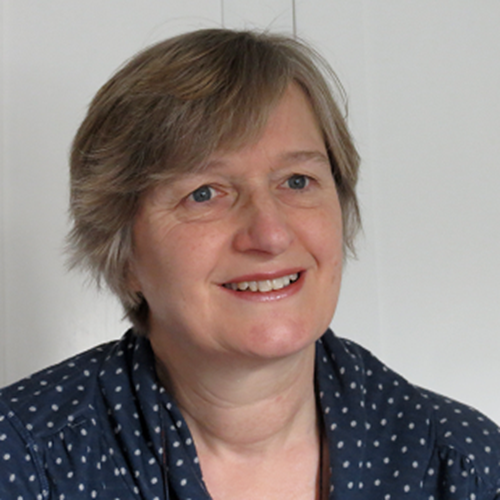September 2018 issue out now ...
There are probably few things more universally hated than tests. At best, they are regarded by teachers and students alike as a necessary evil. But what if those tests were not just showing us what we do or, more worryingly, don’t know, but were actually teaching us something? Wouldn’t we then adopt a more positive attitude towards them? In our main feature, Chris Payne points out that research suggests that tests can be an active tool for learning – and doing more of them actually promotes better long-term retention.
Many students also dislike reading, particularly extensive reading, because they are anxious that they simply don’t know enough words to enable them to make sense of a text. Angelos Bollas believes that, by making students aware of the contextual clues that can enable them to infer meaning and by giving them plenty of practice involving sentence-level texts, teachers can help their students to develop this useful skill and give them the tools to tackle any text with confidence.
Another area of language learning which many students don’t like is speaking, though most would acknowledge that it is a vital skill and something in which they need more practice. Paul Carr suggests that it can be the lack of anything to talk about or a reluctance to talk about themselves that holds many students back. The activities he suggests allow the students to invent different personas and use their imaginations to make up information, so that the level of personal exposure involved in speaking is reduced.
In a similar way, Michelle Ciminelli encouraged her teacher trainees to base their speaking activities around interesting photos, so that the students had something concrete to talk about, which they could then relate to their own lives if they wished. The trainees reported back enthusiastically on the Correction – the dreaded red pen – can be dispiriting for some students, and many teachers find that having spent hours of their free time marking papers, their students merely glance at the grade and stuff their papers into their bags, before going on to make exactly the same mistakes in their next piece of work. Claudia Keh suggests ways in which correction can be made more meaningful, and the students can be taught that time spent understanding why things are wrong can be time well invested.
There are times when all of us have to do things that we don’t particularly like. However, there are generally things that we can do to make these things less of a chore, and to ensure that we accomplish the most we can by doing them. It is worth spending time teaching our students that a positive attitude towards things they don’t like may actually help them in the short term – and also pay dividends in the future.


Comments
Write a Comment
Comment Submitted